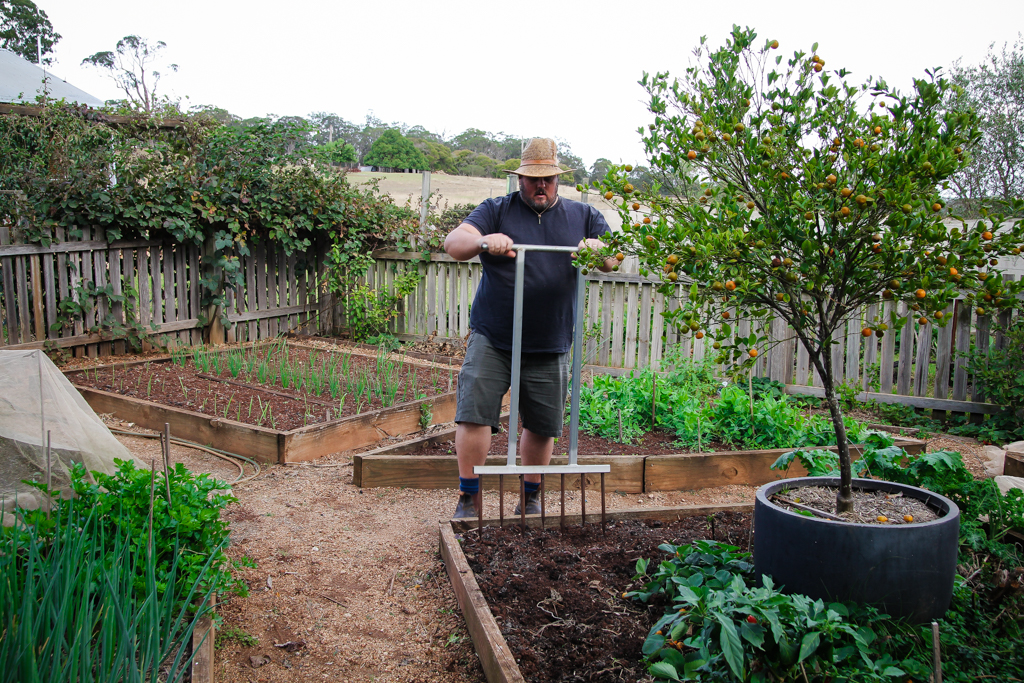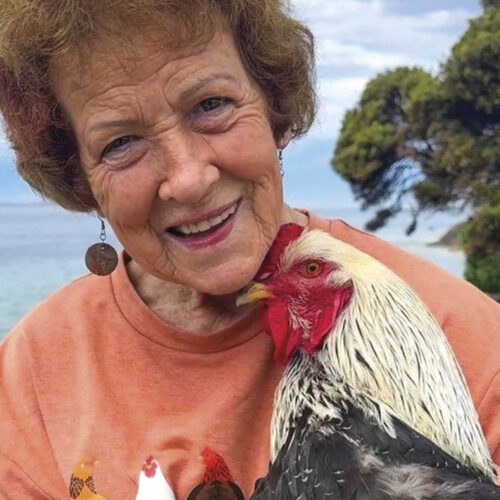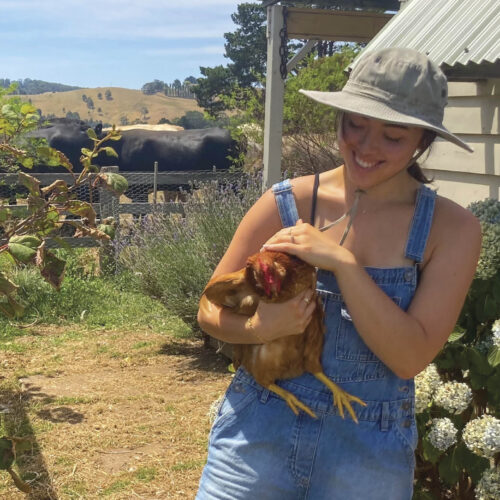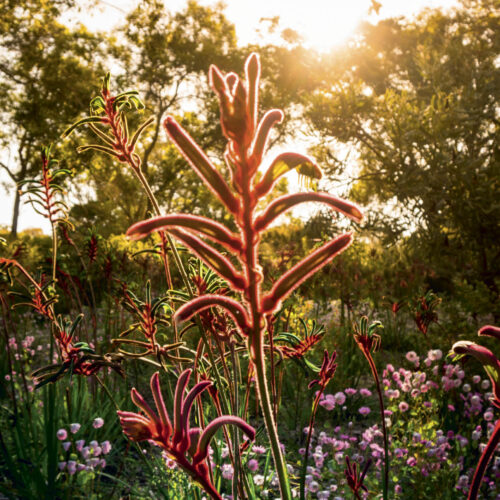On regenerative farming and gardening
2018-05-25T01:14:02+10:00
Is the term 'regenerative' in danger of becoming a new buzzword? Justin Russell investigates.
We humans are forever inventing new ways to describe our activities. The term organic, for example, was originally used in science to describe a group of chemical compounds that derive solely from once living plants and animals. That definition still applies, but the word organic is now also used to describe a method of farming or gardening that eschews synthetic chemicals. A certified organic farm is audited regularly to ensure this method is rigorously applied.
The latest word that’s gaining widespread recognition is ‘regenerative’. The term has mostly been used to describe a type of agriculture that goes beyond organic and actually enhances the natural functions that happen on a farm or in a garden. You’ve probably heard farmers say that their long-term goal is to leave the farm in better shape than they found it. What they’re essentially describing is a process of regeneration.
Because the term regenerative is becoming so ubiquitous, especially on social media, I can’t help but wonder: Are we witnessing the arrival of another buzzword, a new word like ‘sustainable’ that sounds solid but is easily misapplied and exploited?
Well, exploitation is probably inevitable when there’s money to made, but for the most part, my answer to this question is a resounding no, regenerative is not a buzzword. It’s the real deal, and I say that with confidence because the process of regeneration is the story of nature itself.
The great cycle of life works like this: Organisms live, at some point they die, they decompose and the decomposition process leads to regeneration. Life-death-decomposition-regeneration. This is an endless cycle that produces fertile topsoil and facilitates health in plants and animals. Joel Salatin, regenerative farming pioneer, puts it this way: “It’s only in death that life can be regenerated”.
I don’t intend to go into great detail in this post about how you can start implementing regenerative practices, but I do want to suggest that the concept is just as applicable to gardens as it is to farms. When you make compost, you’re doing something regenerative. When you bury a deceased chook under a newly planted lemon tree, you’re doing something regenerative. When you plant a diversity of flowers to attract beneficial insects, you’re doing something regenerative.
Regenerative farming and gardening is about enhancing, improving the land to produce health. And when all is said and done, isn’t that what we’re all striving for?
A good starting point to learn more about regenerative growing is Regeneration International. As for books, one of the best on the topic is Call of the Reed Warbler, by Australian author and farmer Dr Charles Massy.






